Regime isolates dozens of villages in Ann Twsp
Myanmar’s military regime has virtually isolated a village-tract made up of 48 villages in Arakan State’s Ann Township, according to locals.
16 Oct 2022
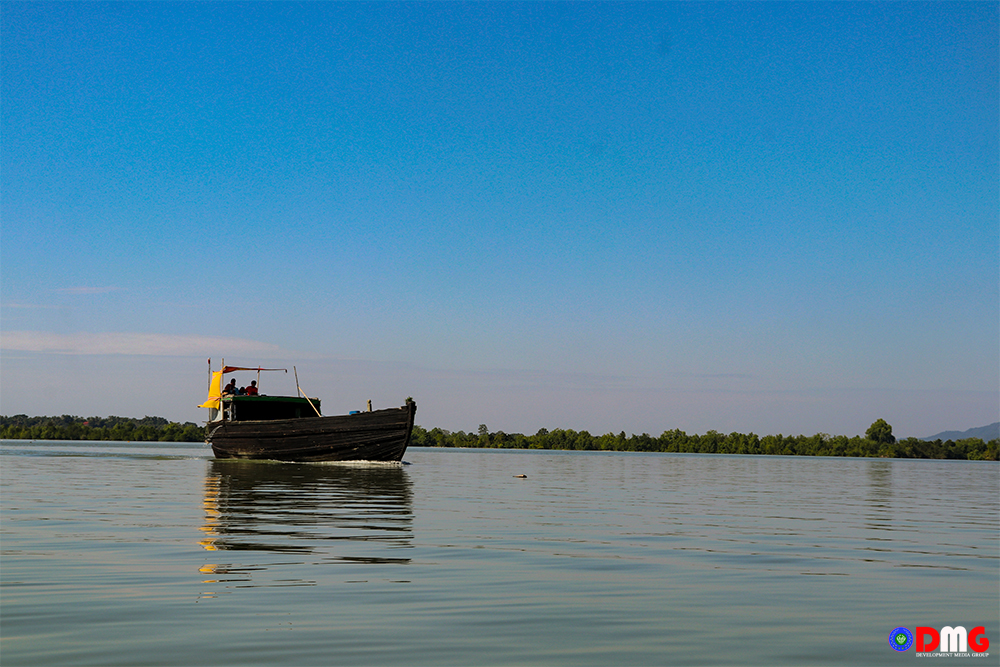
DMG Newsroom
15 October 2022, Ann
Myanmar’s military regime has virtually isolated a village-tract made up of 48 villages in Arakan State’s Ann Township, according to locals.
As of October 13, the regime has denied locals in Darletchaung Village-tract access to waterways, along with a ban on the transport of food supplies to the village-tract via waterways.
“The Myanmar military told us that we can’t travel by water now,” a villager of Darletmyauk Village told DMG. “All the locals here mainly rely on water transport for our livelihoods. The blockade means we have lost our livelihoods.”
Locals in Darletchaung Village-tract mainly trade with Kanhtaunggyi town in Myebon Township to buy food and sell their products, said a female resident of Darletchaung Village who trades with Kanhtaungyi.
“Though we are still allowed to travel by road, the travel cost is much higher, especially to carry goods. It is more than twice as expensive to carry goods by road than by water. And it costs more than 100,000 kyats to hire a car,” she said.
The ban is already impacting those who make a living by fishing and selling bamboo, said a resident from Alel Kyun Village who earns his living cutting and selling bamboo.
“What are people who make a living out of aquatic resources supposed to do when the waterways are blocked? We bamboo sellers also rely on waterways,” he said. “Bamboo grows close to water. It does not cost at all to float bamboo down a river. If we are to carry bamboo by road, we will have to shoulder it until we reach the road to get a car, which will cost a lot.”
Locals are concerned that the prices of foods and other consumer goods in Darletchaung Village-tract will increase due to the waterways blockade.
The regime imposed a similar ban in January for more than four months, and partially lifted the ban in May to allow food supplies.
DMG was unable to obtain comment from junta spokesman Major-General Zaw Min Tun.




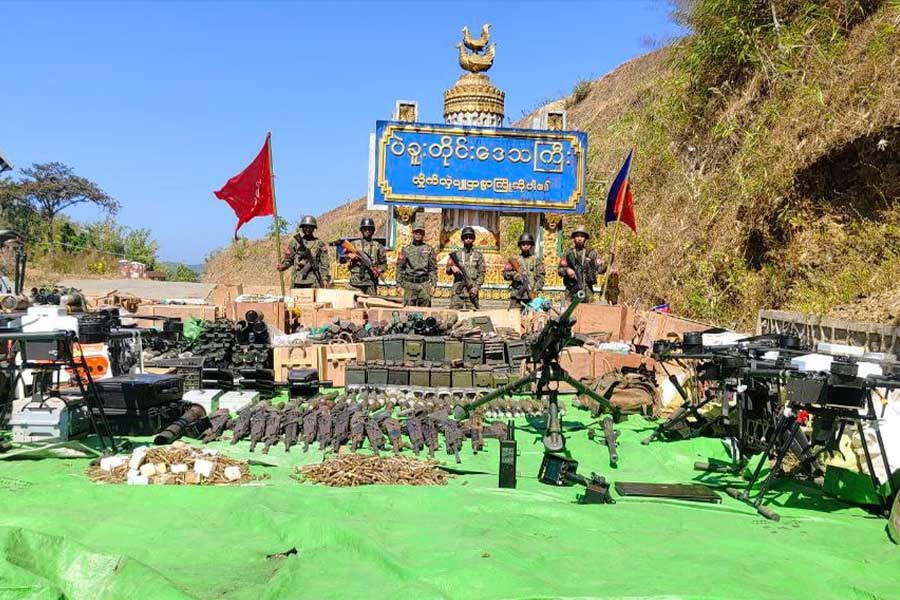
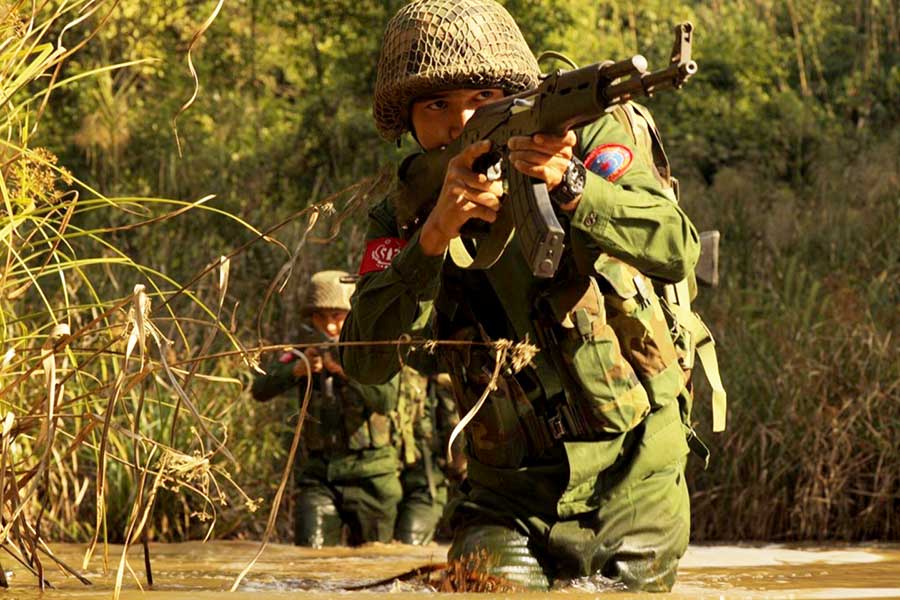
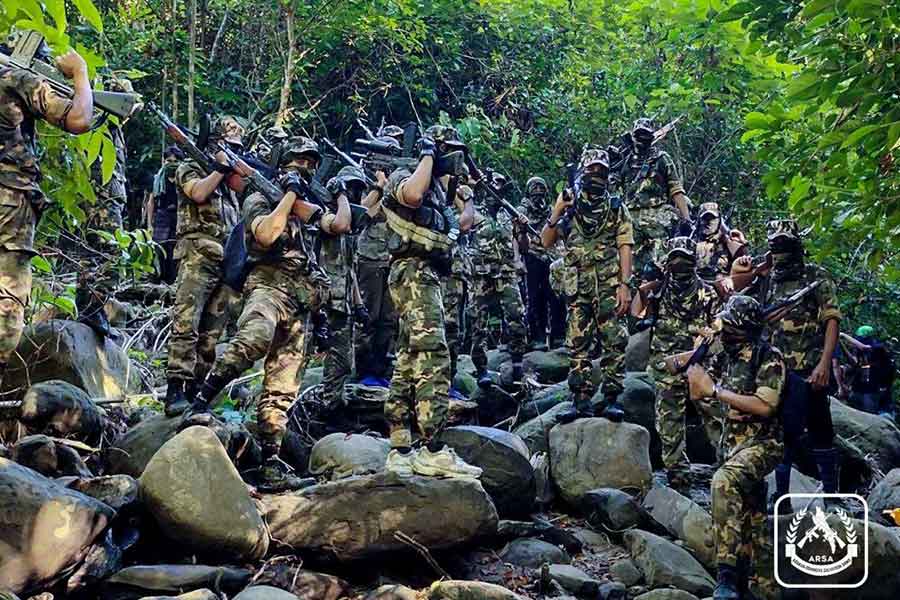
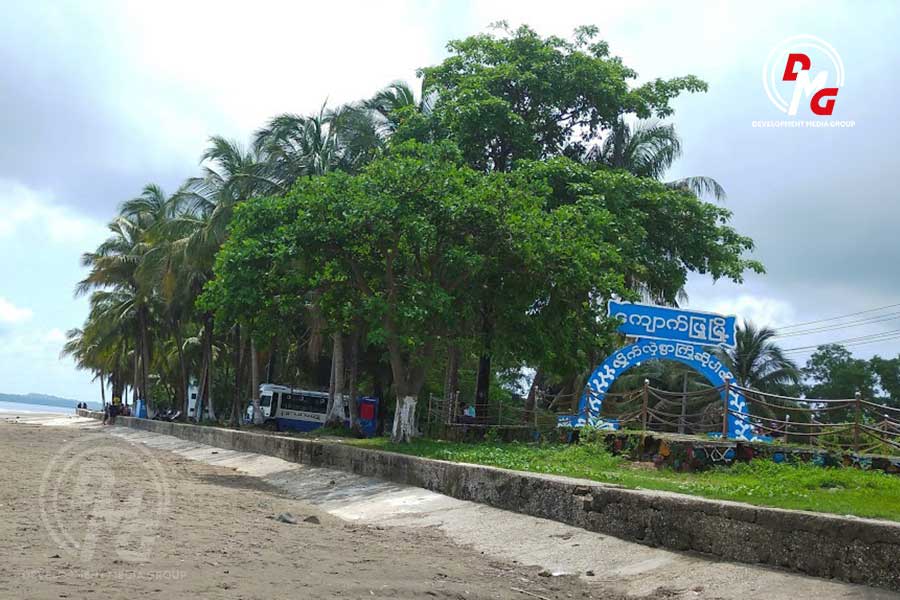
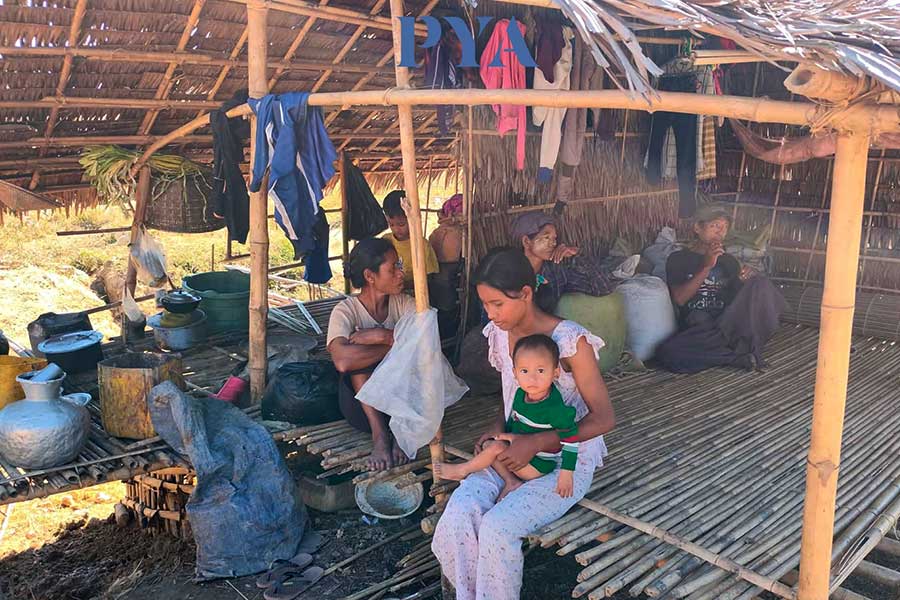





.jpg)


